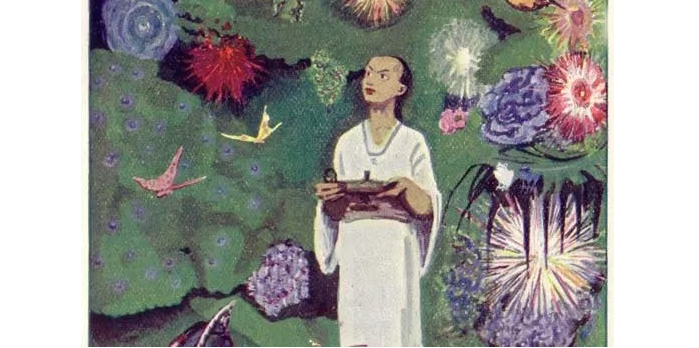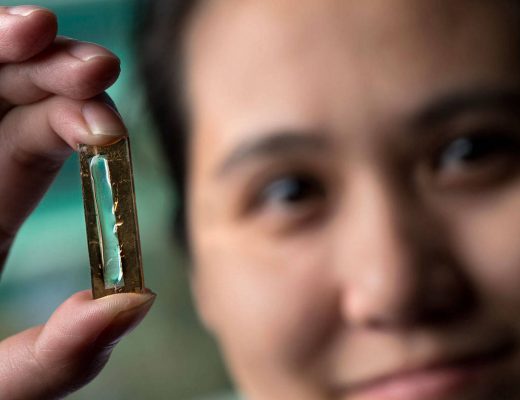Aladdin has been representative of Arab fantasy and folktales for long, but is he actually an Arab character?
It is pretty much safe to say that anyone who’d come across this piece is familiar with Aladdin, as well as his story from the streets of Agrabah to the Sultan’s palace. But despite being portrayed as Arab, few know the real origins of the rag-clad thief.
Other than being an iconic Disney franchise, we know Aladdin from the book One Thousand and One Nights, which tells the story of Scheherazade. The plot revolves around the Sasanian King Shahryar, who marries a new woman each day and kills her the morning after. The King’s wezir’s daughter, Scheherazade, offers herself to the king, and avoids being killed for more than one thousand and one nights by keeping the king intrigued by her epic tales, which begins on one night but continues the next.
The tale of Aladdin is known to be one of the epics Scheherazade told the king, but while other popular stories like Sinbad and Ali Baba were part of the original stories, Aladdin was not.
Aladdin is actually from China, matter of fact, it is directly implied in the opening sentence. Even the Jaafar is not Middle Eastern. In the original story he is an evil sorcerer from Africa.
But how did a Chinese folktale end up in an Arabic book?
It was the French translator of the book, Antoine Galland, who incorporated the story of Aladdin into his version of One Thousand And One Nights. Galland’s diary (1709), narrates the story of how Galland had heard the story from a Syrian storyteller from Aleppo.
His own translation of Aladdin was written in the winter between 1709 and was first included in his translation of One Thousand And One Nights in 1710.
Disney has recently teamed up with director Guy Ritchie to film a live action adaptation of the epic tale. Filming is expected to start as early as next month, and reportedly Al still an Arab.




